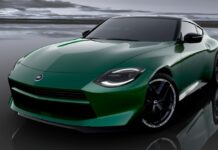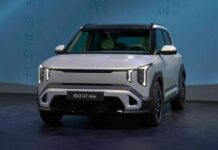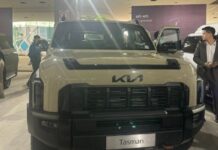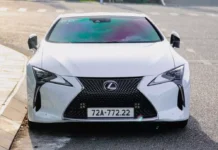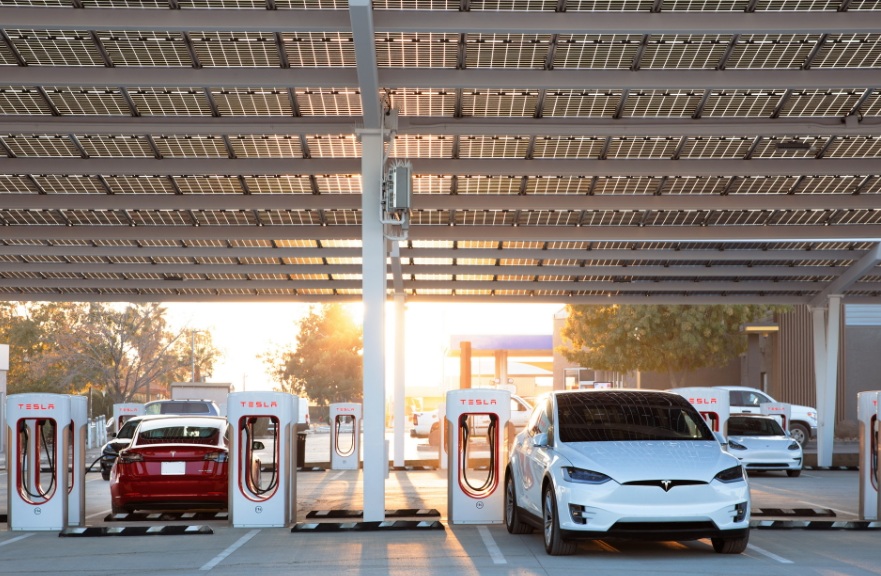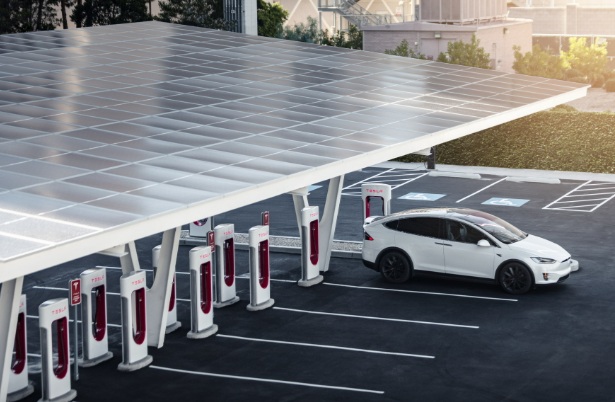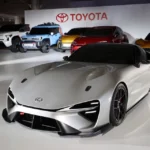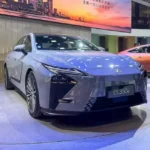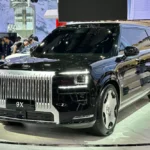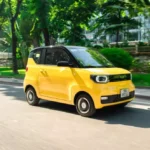While some consumers and experts remain skeptical, deeming electric vehicles as merely a passing fad, the latest surveys suggest otherwise.
The loyalty rate among electric vehicle users is surging globally, paving a clearer path toward transitioning away from internal combustion engines.
According to the prestigious J.D. Power’s “2025 US Electric Vehicle Experience” study, a substantial 94% of electric vehicle owners intend to stick with electric for their next purchase. Only 12% consider returning to gasoline or diesel vehicles. A similar survey by Global EV Alliance, polling over 23,000 users across 18 markets, yielded comparable results: nearly 92% of electric vehicle owners plan to stay loyal, with just 1% contemplating a shift back to internal combustion engines.
So, what’s keeping electric vehicle users hooked? Firstly, financial considerations are a prominent motivator. Approximately 45% of survey respondents cited significantly lower operating costs for electric vehicles compared to gasoline-powered cars. Reduced charging expenses and less costly maintenance, attributed to simpler technical structures, play a role here. Electric vehicles eliminate the need for oil changes, spark plugs, or timing belts, and brake pads last longer due to regenerative braking technology.
Secondly, the driving experience is a pivotal factor in deterring users from reverting to gasoline vehicles. Electric vehicles offer instantaneous torque, smooth acceleration, and near-silent operation. The seamlessness and immediate response from the accelerator pedal render gasoline-powered cars less appealing.
Thirdly, heightened environmental awareness is a contributing factor. Approximately 40% of users appreciate the role of electric vehicles in reducing greenhouse gas emissions, particularly in polluted urban areas. For younger generations, sustainability considerations carry increasing weight in their vehicle purchasing decisions.
However, generational differences remain evident. According to CDK Global’s “2025 Electric Vehicle Ownership” study, over 80% of Gen Z and Millennial owners intend to continue using electric vehicles. In contrast, this proportion drops to 55% for Baby Boomers (aged 60+), with a third considering a return to gasoline vehicles.
These contrasting preferences stem from divergent priorities. Younger individuals tend to embrace new technologies and prioritize environmental concerns, whereas older adults often value familiarity, reliability, and simplicity. Challenges like reduced range in colder weather and an incomplete public charging infrastructure still pose concerns for this demographic.
An underappreciated yet crucial factor is habits. Once accustomed to owning an electric vehicle, users rarely complain. A substantial 82% of those surveyed revealed that they primarily charge their vehicles at home, relying less on public charging stations. For daily commutes under 30 kilometers, a home charger suffices.
The convenience of monitoring and managing energy usage also fosters trust and preference for electric vehicles. Similar to tracking phone battery levels, users swiftly adopt new habits. Concerns about “running out of charge” are becoming outdated, as most experienced users have overcome this mental barrier.
Lastly, electric vehicle prices are becoming more reasonable. No longer exclusive, electric vehicles are transitioning into the mainstream thanks to decreasing battery costs and various government incentives. For instance, in India, the Tata Nexon EV is now priced comparably to a mid-range gasoline SUV due to the FAME program.
The fact that 9 out of 10 electric vehicle owners have no intention of reverting to gasoline vehicles is not just a statistic but a clear indication that electric vehicles are not a fleeting trend. Once users have experienced the full spectrum of benefits that electric vehicles offer—from cost savings and superior driving dynamics to environmental advantages—returning to outdated technology becomes unappealing.
TH (Tuoitrethudo)
The Ultimate Automotive Experience: Unveiling the Bamboo-Scented, Hot Pot-Ready Car at the 2025 Shanghai Auto Show.
The automotive industry in China is an ever-evolving and highly competitive landscape. Car manufacturers are constantly striving to stand out and make their mark in this dynamic market. This challenge has spurred a wave of innovation and unique strategies from these brands, as they seek to capture the attention and loyalty of Chinese consumers.
The Future of Electric Vehicle Charging: TMT Motors’ Public Charging Station Network in Vietnam
TMT Motors is embarking on an ambitious journey to revolutionize electric vehicle charging infrastructure in Vietnam. With a bold vision, the company aims to establish 30,000 charging stations across the country within the next five years, ending 2029. This transformative initiative underscores TMT Motors’ commitment to fostering sustainable mobility and shaping a greener future for Vietnam.


